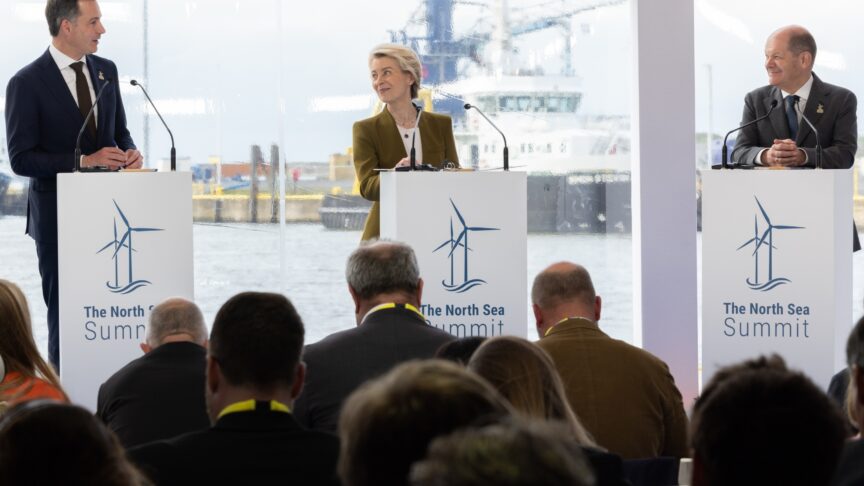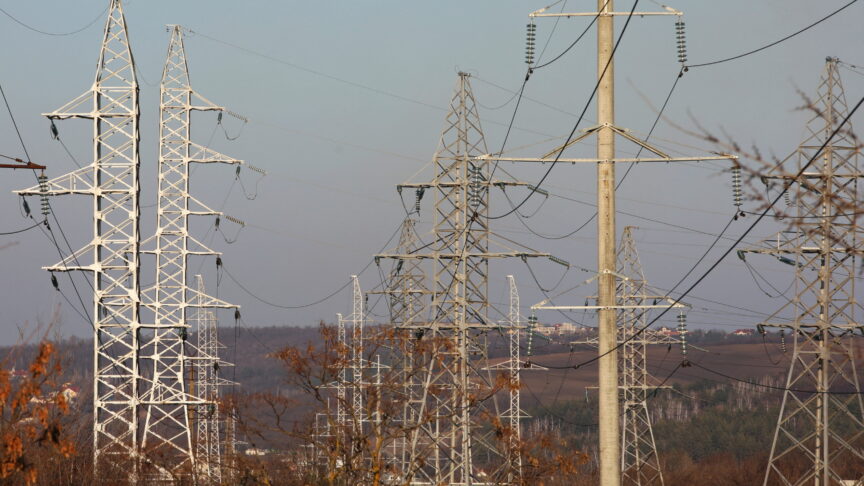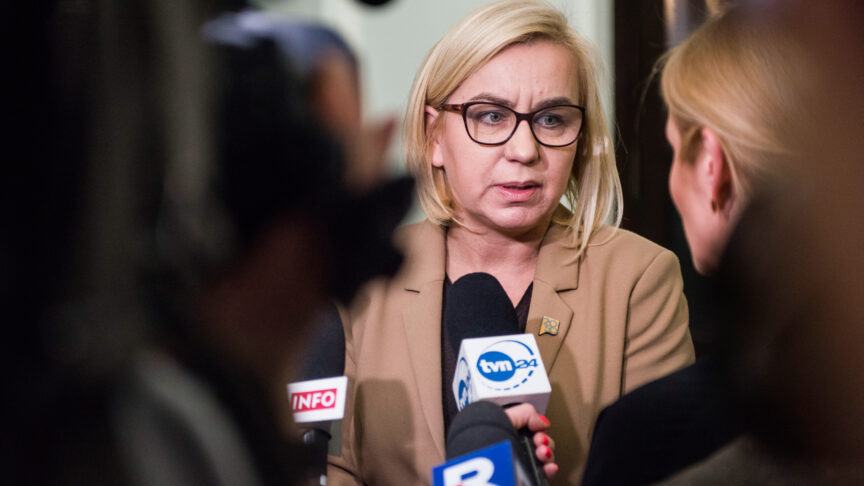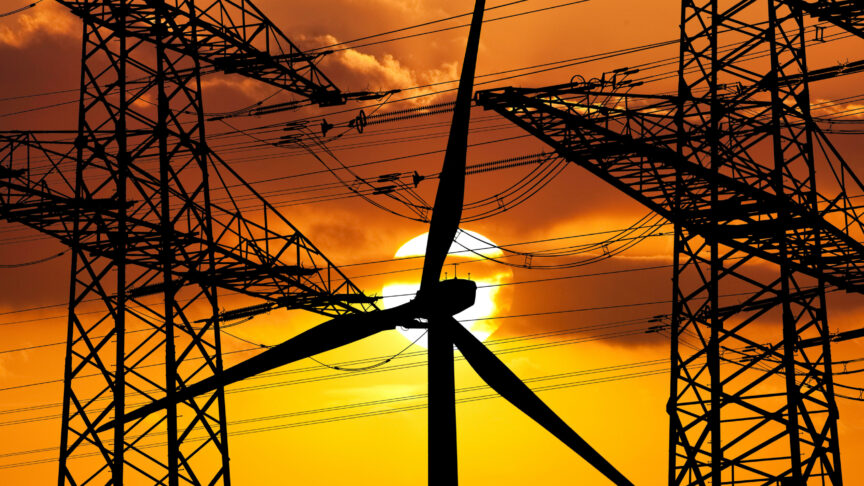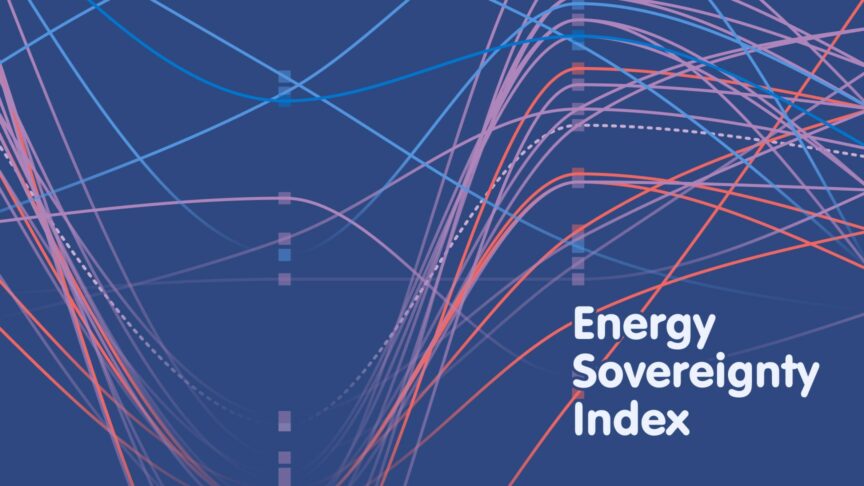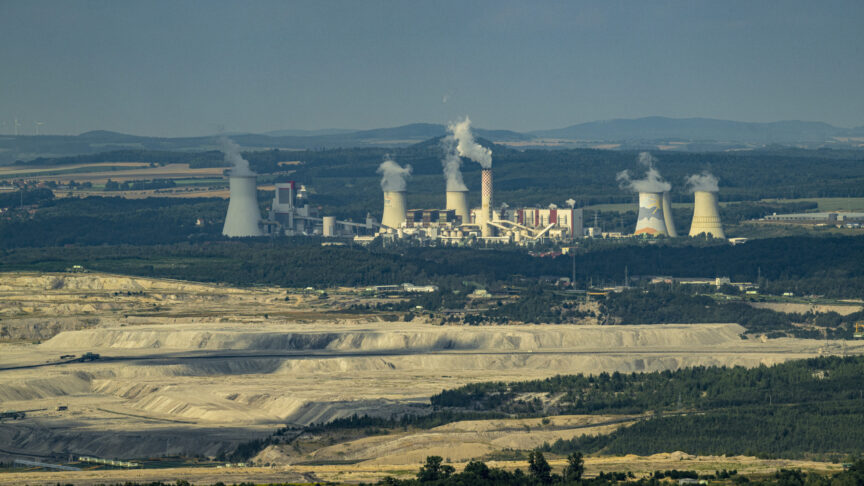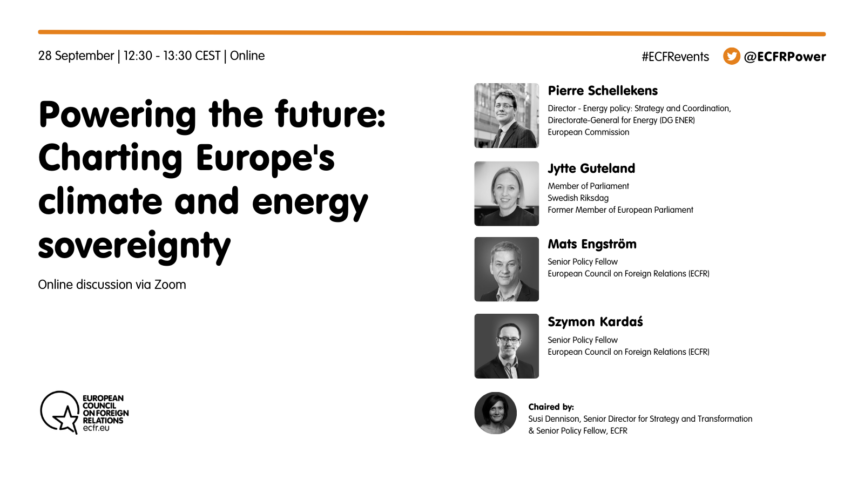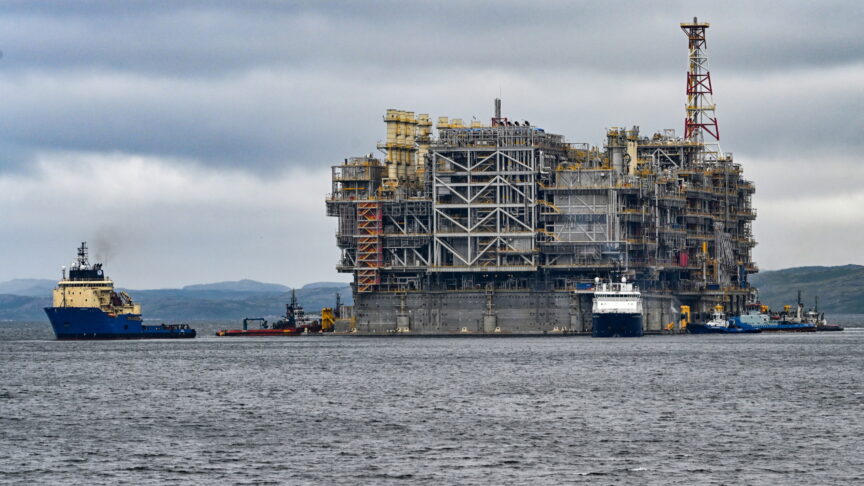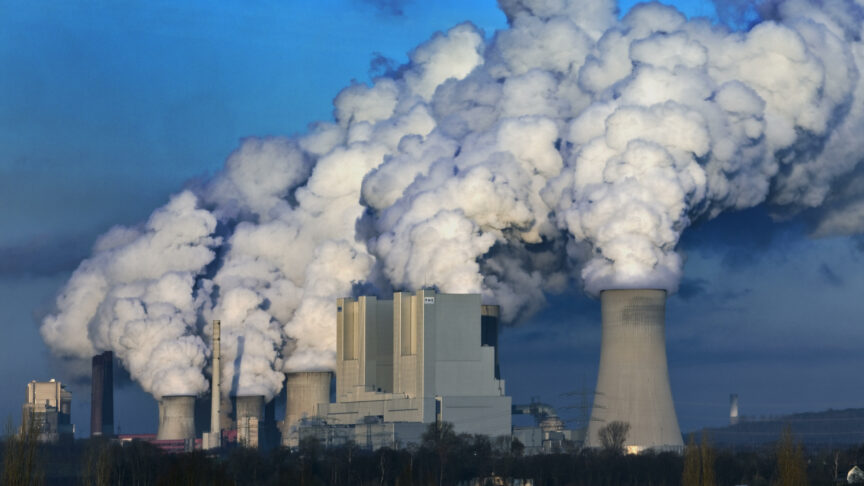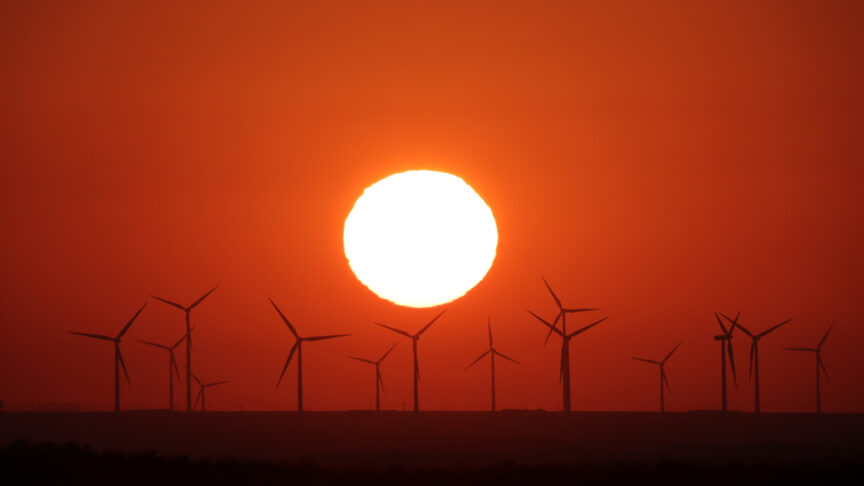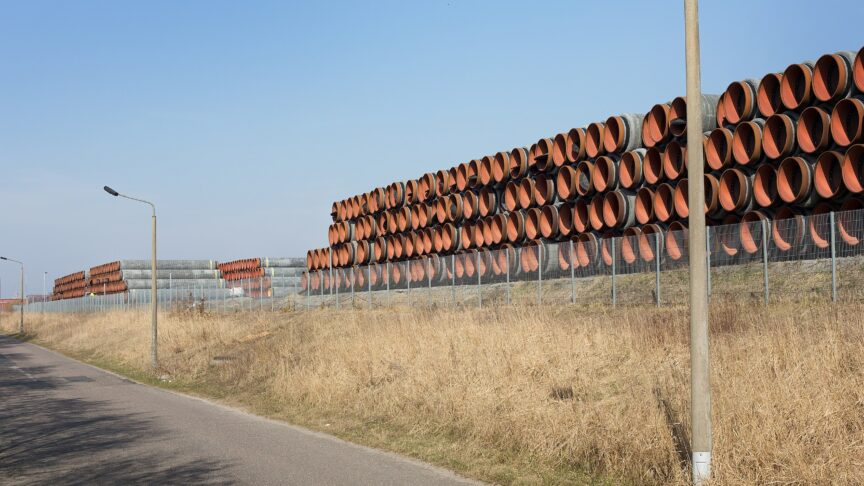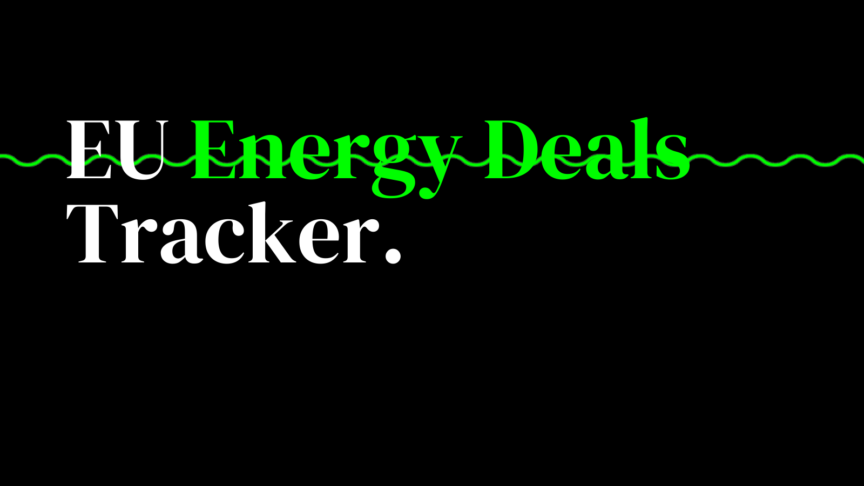Szymon Kardaś is a senior policy fellow on energy within the European Power programme, based in ECFR’s Warsaw Office. His analysis will be focused on geopolitics of Europe’s new energy environment.
Between September 2012 and December 2022, Kardaś held the position of senior policy fellow at the Russian Department of the Centre for Eastern Studies in Warsaw (Ośrodek Studiów Wschodnich – OSW). He is a graduate of the Institute of International Relations, Faculty of Journalism and Political Science, University of Warsaw and the Faculty of Law and Administration, University of Warsaw. Kardaś gained his PhD in Political Science in April 2010 and is an assistant professor at the Faculty of Political Science and International Studies at the University of Warsaw since 2010.
